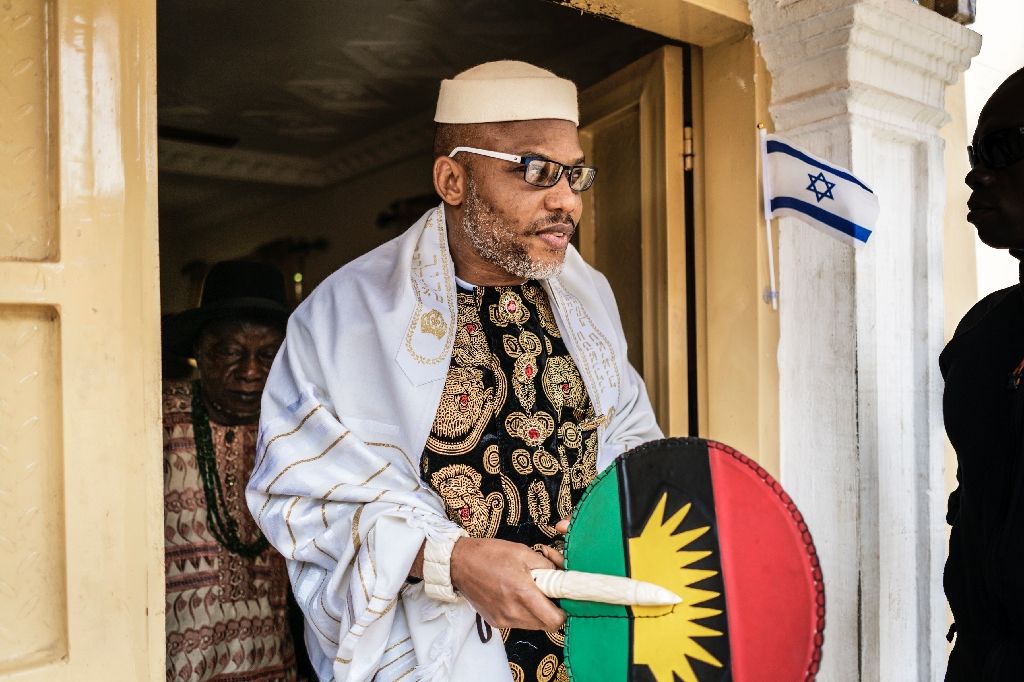
The British government has moved the desire of Nnamdi Kanu, leader of the Indigenous people of Biafra (IPOB) regaining his freedom.
We had in advance mentioned that the IPOB leader Nnamdi Mazi kanu turned into arrested in Kenya and extradited to Nigeria.
Kanu’s circle of relatives had asked the UK government to secure the IPOB leaderwho’s additionally a citizen of the United Kingdom so that he can reunite together with his own family.
ATTENTION: Click “HERE” to join our WhatsApp group and receive News updates directly on your WhatsApp!
In a guide on ‘support for British nationals abroad: A guide’, posted on the webpage of the United Kingdom authorities, the British government made it clear that it has a restrained function to play concerning the detention of its citizens in prison’
The 19th page of the document read, “We can offer you information about the local prison or remand system, including visiting arrangements, mail and censorship, privileges, work possibilities, and social and welfare services. We can also explain where there are different regulations for remand prisoners and sentenced prisoners. For example, in some countries, prisoners are allowed to send more mail when they are on remand”
“We cannot get you out of prison or detention, nor can we get special treatment for you because you are British. If however you are not treated in line with internationally accepted standards we will consider approaching local authorities. This may include if your trial does not follow internationally recognised standards for a fair trial or is unreasonably delayed compared to local cases.”
“With your permission, we can consider taking up a complaint about ill-treatment, personal safety, or discrimination with the police or prison authorities.”
“Consular staff will keep in regular contact with you, either by visiting personally or by telephone/ letter. The frequency of visits will depend on local prison conditions and your circumstances”.
If you are a dual British national in the country of your other nationality, we would not normally offer you support or get involved in dealings between you and the authorities of that state. We may make an exception to this rule if, having looked at the circumstances of the case, we consider that you are vulnerable and we have humanitarian concerns
